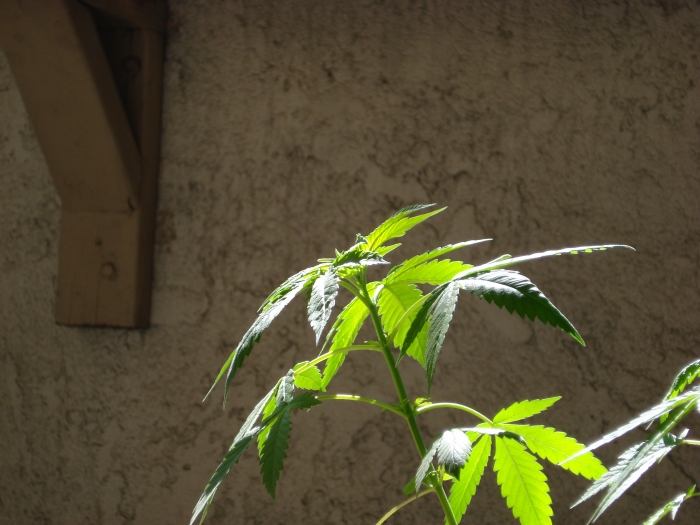You are here
Home 🌿 Marijuana Politics 🌿 BC appeal court finds 6-plant mandatory minimum unconstitutional 🌿BC appeal court finds 6-plant mandatory minimum unconstitutional

A Canadian appellate court has, for the first time, ruled unconstitutional a contentious mandatory minimum provision that saw individuals imprisoned for 6 months for producing as few as 6 marijuana plants.
The provision, ss 7(2)(b)(i) of the federal Controlled Drugs and Substances Act, was introduced by the previous Harper government. It enabled Crown prosecutors to seek a minimum jail sentence of 6 months for offenders found producing more than 5 plants if the production could be shown to be for the purposes of trafficking.
While a similar case, called Vu, is making its way through the appeal court system in Ontario, this BC case (entitled “Elliot”) is the first to find its way to a Canadian appeals court. The decision is binding on all lower courts in British Columbia, and while it is not binding on courts elsewhere in the country, it will be quite a persuasive authority for defence lawyers to draw from.
A landmark 2015 Supreme Court case called Nur enabled defence lawyers to challenge mandatory minimums if they could pose realistic “reasonable hypotheticals” in which the impugned punishment would be grossly disproportionate, and thus violating s 12 of the Charter. That Charter section says that Canadians must not be subject to cruel and unusual punishment.
This meant that veteran cannabis lawyer John Conroy, defence counsel in Elliot, had to draw up at least one reasonable hypothetical that could sway the judges. While the appeals court did not outright accept Mr. Conroy’s hypotheticals—including one in which a hippie grows six pot plants and shares it with family—the court modified the hypotheticals and found that the provision would be grossly disproportionate for a 19 year old who grows six plants and shares a bit with friends. Ultimately, the court affirmed the decision of the lower court that found the provision unconstitutional.
There are other provisions, including a mandatory minimum for growing above 200 plants, that have not been successfully challenged at the appellate level. Given that courts only accept “reasonable hypotheticals” that are, well, reasonable, defence lawyers may have a harder time challenging these provisions that deal with larger plant counts.
The effect of this decision is not yet known; the current government’s Cannabis Act would completely remove these marijuana production mandatory minimums, enabling judges to determine a sentence as they see fit. Before the legislation’s expected commencement in July 2018, however, this case may be helpful for accused individuals currently facing the imposition of the mandatory minimum.
420 Intel is Your Source for Marijuana News
420 Intel Canada is your leading news source for the Canadian cannabis industry. Get the latest updates on Canadian cannabis stocks and developments on how Canada continues to be a major player in the worldwide recreational and medical cannabis industry.
420 Intel Canada is the Canadian Industry news outlet that will keep you updated on how these Canadian developments in recreational and medical marijuana will impact the country and the world. Our commitment is to bring you the most important cannabis news stories from across Canada every day of the week.
Marijuana industry news is a constant endeavor with new developments each day. For marijuana news across the True North, 420 Intel Canada promises to bring you quality, Canadian, cannabis industry news.
You can get 420 Intel news delivered directly to your inbox by signing up for our daily marijuana news, ensuring you’re always kept up to date on the ever-changing cannabis industry. To stay even better informed about marijuana legalization news follow us on Twitter, Facebook and LinkedIn.




